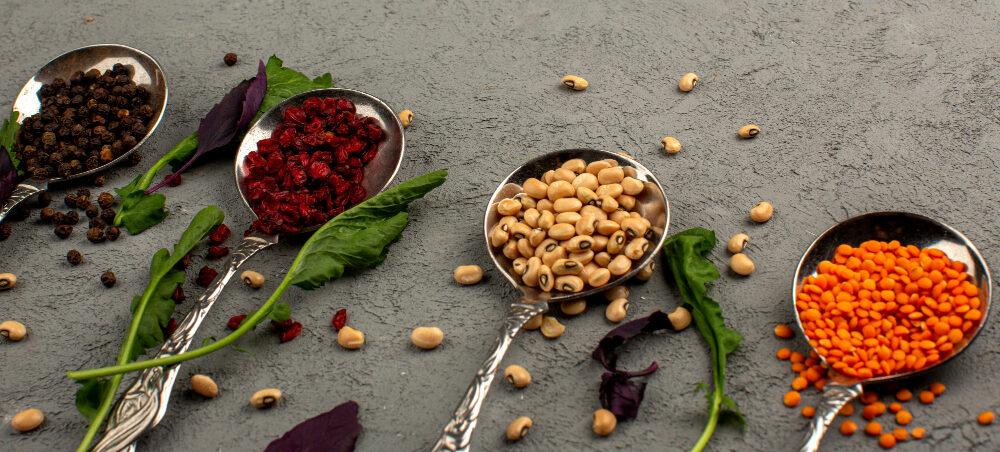Iron. The universal component of the living cell
The body cannot produce iron itself. By eating food, you could consume 1-2 mg of this element. We all lose a lot of skin cells every day through our natural turnover process. This amounts to around 1 mg of iron a day. In addition, we lose small quantities of blood each day, which also contains iron.
What is iron and why is it important?
Iron is a mineral that is found in every single living cell in the human body. It is essential for life, and without it, our cells would not be able to function.
The body needs iron to make haemoglobin, which is found in red blood cells and carries oxygen around the body. Iron is also needed for energy metabolism, cell growth and development, and the immune system.
Why is iron important?
Iron plays a number of important roles in the body:
- It helps to transport oxygen around the body
- It is essential for the production of red blood cells
- It helps to store energy in the form of ferritin
- It is involved in the production of enzymes and hormones
- It helps to protect the body against infection
The best sources of iron
There are many different sources of iron, but the best sources are red meat, poultry, and fish. These sources contain heme iron, which is more easily absorbed by the body than non-heme iron from plants. Other good sources of iron include beans, lentils, dark leafy greens, and fortified foods such as breakfast cereals.

The dangers of iron deficiency
Iron is an essential nutrient for the human body. It plays a vital role in many of the body’s processes. If you do not have enough iron in your diet, you may develop iron deficiency anaemia. This can cause tiredness, weakness and pale skin. If left untreated, it can lead to serious health problems such as heart problems and difficulty breathing.
The benefits of iron supplementation
Despite its importance, iron deficiency is one of the most common nutrient deficiencies in the world. According to the World Health Organization, it affects over 30% of the world’s population.
One of the best ways to prevent iron deficiency is to make sure you’re getting enough of the nutrient in your diet. This can be tricky, as many people don’t realize they are deficient until they experience symptoms such as fatigue, pale skin, and shortness of breath. These symptoms can also be caused by other conditions, so it’s important to get tested by a doctor if you suspect you may be deficient.
The best way to ensure you’re getting enough iron is to eat a varied and balanced diet that includes plenty of iron-rich foods. If you are vegetarian or vegan, or if you have trouble absorbing iron from food, you may need to take an iron supplement.
When shopping for an iron supplement, it’s important to read the label carefully. Some supplements may contain other ingredients that can cause side effects. Look for a supplement that contains 100% of the Daily Value (DV) for iron, and check the label for any other ingredients that you may be allergic to or sensitive to.
If you think you may be deficient in iron, talk to your doctor about getting tested. They can help you determine if you need to change your diet or start taking a supplement.
Who needs iron supplementation?
Iron supplements can be taken to treat or prevent iron deficiency anaemia. They are available in various forms including tablets, capsules and liquids. Some people may need to take iron injections if they cannot tolerate taking oral supplements.
Most people do not need to take iron supplements unless they have an underlying medical condition that causes iron deficiency anaemia. However, pregnant women and young children are at risk of developing iron deficiency anaemia and may need supplementation.
Learn more about Vitamin C
To get the most out of your iron supplement, take it with food and eat foods rich in vitamin C at the same time. This will help your body absorb the iron more effectively.

4 thoughts on “Iron. The universal component of the living cell”